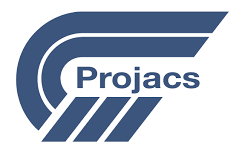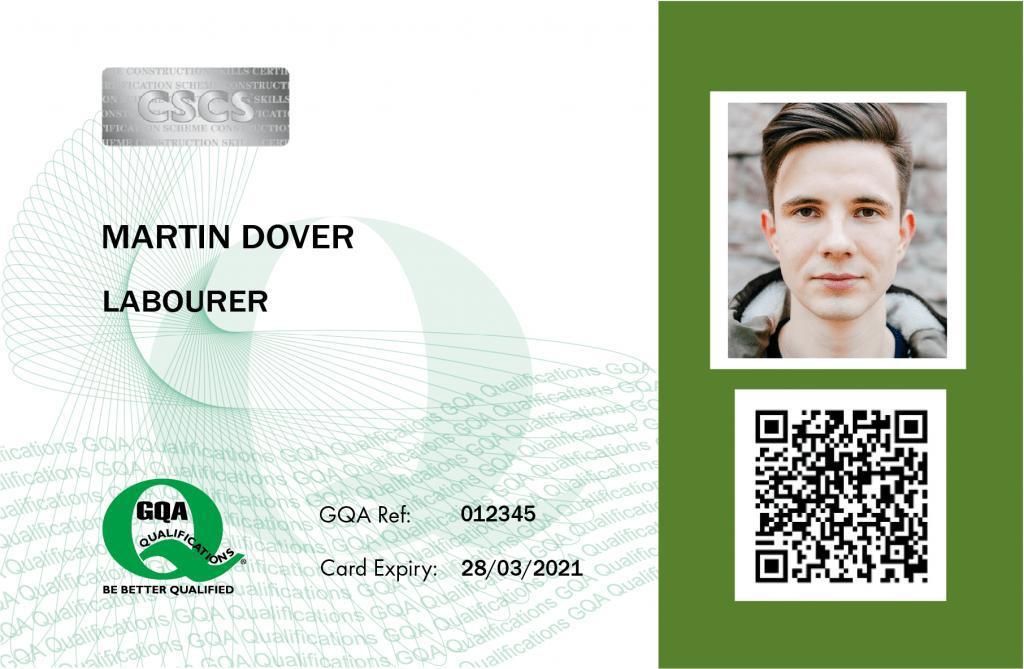The gaming industry continues to evolve at a rapid pace, offering countless opportunities for skilled professionals to bring creative visions to life. This intermediate-level course on gaming programming provides participants with the essential tools and techniques needed to build more complex and interactive games. Designed to bridge the gap between foundational knowledge and advanced skills, this course empowers individuals to refine their programming abilities while exploring modern gaming frameworks and engines.
Gaming programming goes far beyond coding; it encompasses understanding gameplay mechanics, crafting immersive environments, and optimizing performance for various platforms. Through a carefully curated curriculum, participants will deepen their knowledge of key programming concepts, including object-oriented programming, game physics, AI integration, and player interaction design. Each module is structured to ensure participants can immediately apply their learning to real-world scenarios.
This course emphasizes practical, hands-on learning, enabling participants to work on dynamic projects that replicate industry challenges. From designing intuitive user interfaces to creating engaging game narratives, the course combines technical proficiency with creative problem-solving. Participants will also gain insights into debugging strategies and performance optimization, ensuring their games meet high industry standards.
Collaborative learning forms the cornerstone of this program. Participants will have the opportunity to engage in group activities, brainstorming sessions, and peer reviews. These interactions will enhance teamwork skills and expose learners to diverse perspectives in game development. Moreover, expert instructors with real-world experience will guide participants through challenges and provide valuable feedback.
Throughout the program, learners will familiarize themselves with popular game engines like Unity or Unreal Engine, enabling them to develop polished prototypes by the course’s end. This exposure ensures they remain competitive in an industry that values adaptability and proficiency with cutting-edge tools. Participants will also explore intermediate-level concepts such as procedural generation, shader programming, and multi-platform deployment.
By the conclusion of this course, participants will not only have built a solid foundation in intermediate-level gaming programming but also developed a strong portfolio to showcase their expertise. Whether aiming to advance their career or refine their technical skillset, this program provides the essential knowledge and experience required to excel in the gaming industry.




















































